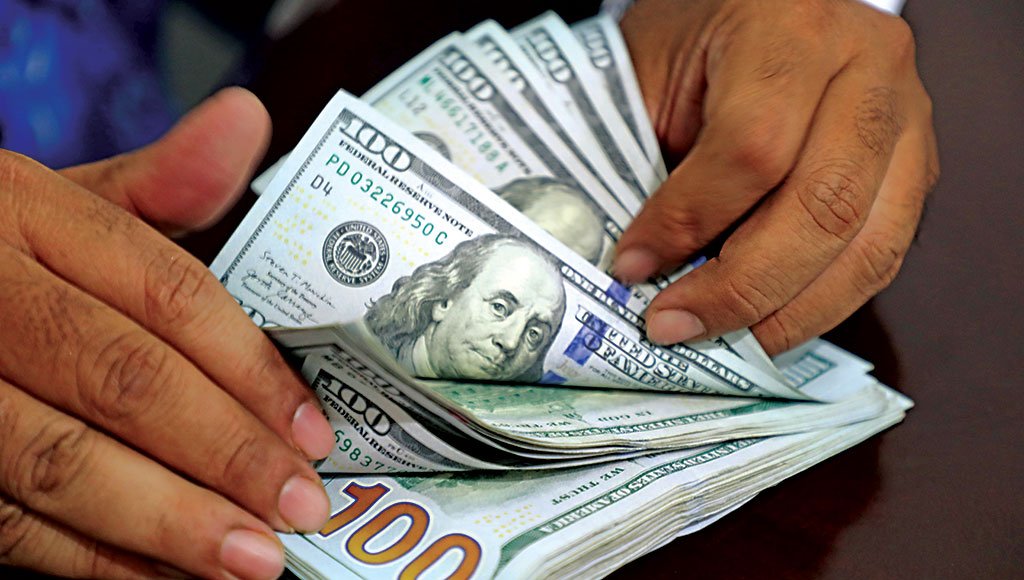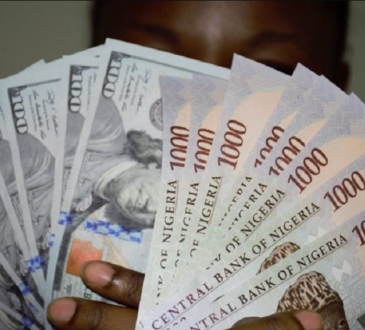
Interbank foreign exchange market transactions plunged to $16.7 billion in the July-March period of the 2023-24 financial year due to scarcity of dollars in the market.
In July-March of FY24, the total foreign exchange turnover declined by 8.7 per cent to reach the level compared with that of $18.3 billion in the same period of FY23, reflecting a shortage of liquidity in the foreign exchange market, according to the monetary policy review report published by the Bangladesh Bank on Thursday.
Interbank foreign exchange market consists of spot, forward and swap transactions.
The total turnover in the foreign exchange market plummeted to $23.6 billion in FY23 compared with that of nearly $46 billion in FY22, indicating a sharp fall of 48.9 per cent compared with the overall turnover in FY22.
Swap was the main component of this transaction, which constituted 94.8 per cent of the total transaction.
Swap transactions decreased by 9.6 per cent in July-March of FY24 compared with the swap transaction in July-March of FY23.
However, spot transactions increased by 9.7 per cent in this period, accounting for 4.9 per cent of the total turnover.
Bangladesh’s external sector has experienced vulnerabilities since the second half of FY22, marked by increased pressures on the balance of payments amid significant depletion of foreign exchange reserves and noticeable currency depreciation, according to the report.
Bangladesh has been grappling with consistently elevated inflation recently. ‘Despite decreasing trend of global commodity price of that time, Bangladesh‘s economy couldn‘t benefit due to the significant domestic currency depreciation, which subsequently raised import prices, thereby contributing to inflationary pressures,’ the report said.
The persistent dollar crisis has made it increasingly difficult for banks to settle import payments and open letters of credit, posing substantial challenges for business operations, bankers said.
The BB continued selling foreign currency to address the demand-supply gap in the foreign exchange market, which led to a reduction in the official foreign exchange reserves, according to the BB report.
Over the past three years, the BB has sold from its reserves almost $33.91 billion, including $12.8 billion in FY24, $13.5 billion in FY23 and $7.62 billion in FY22.
Consequently, as per the International Monetary Fund guidelines, the reserves dropped to $20.46 billion on July 10, a sharp decline from $41.8 billion in June 2022 and $46.2 billion in September 2021.
To mitigate the ongoing dollar shortage, the government secured $4.7 billion in loans from the International Monetary Fund over three years.
In a bid to stabilise the exchange rate, the BB adopted a market-based exchange rate regime, allowing the rate to be determined by market forces.
Consequently, the interbank dollar rate surged to Tk 118 on May 8.






